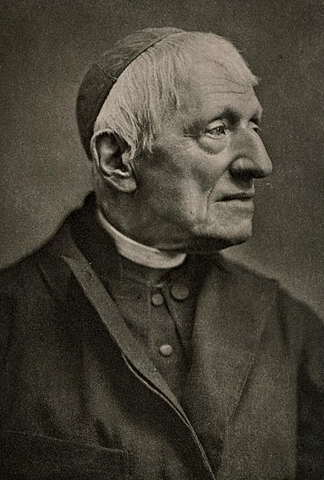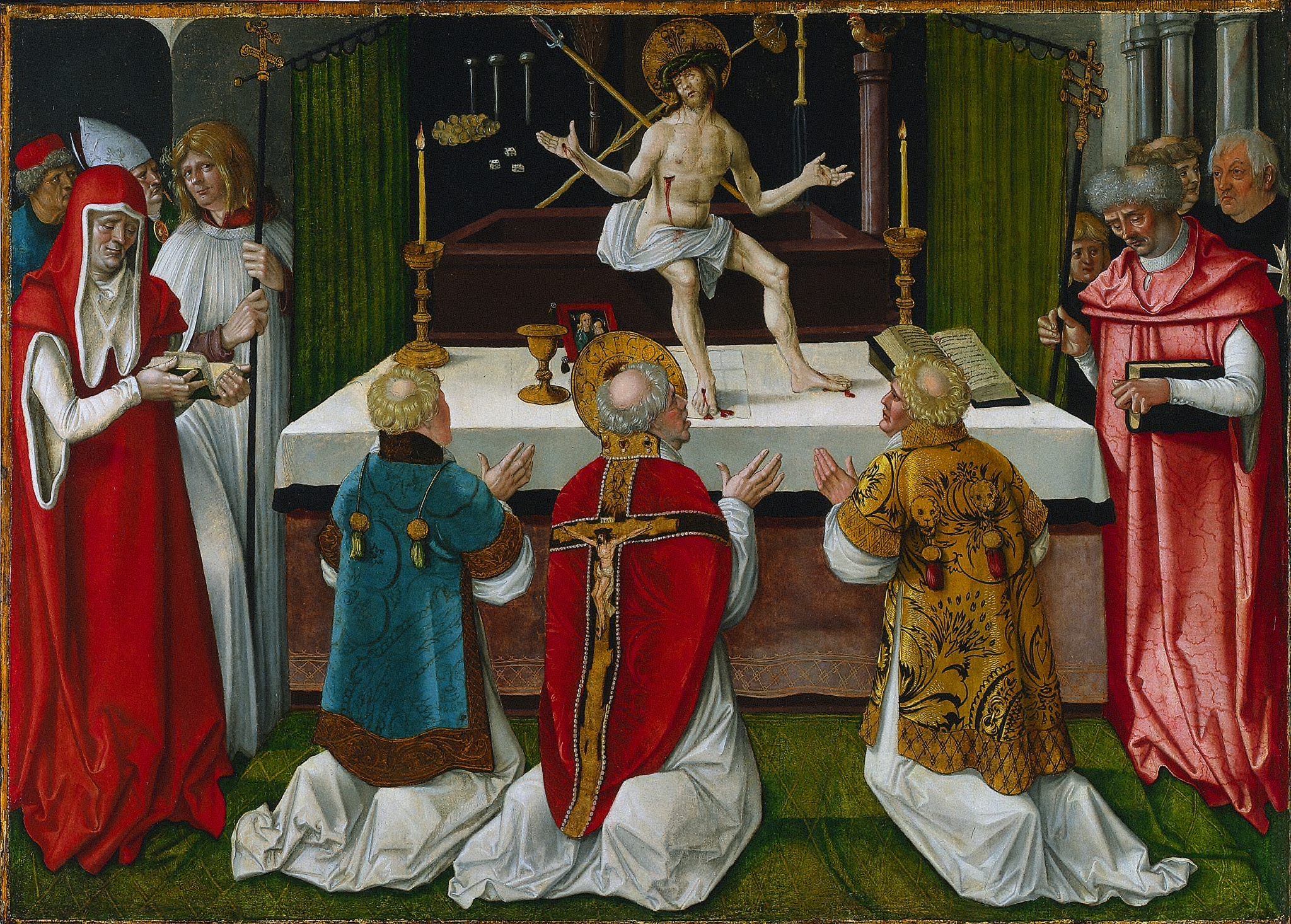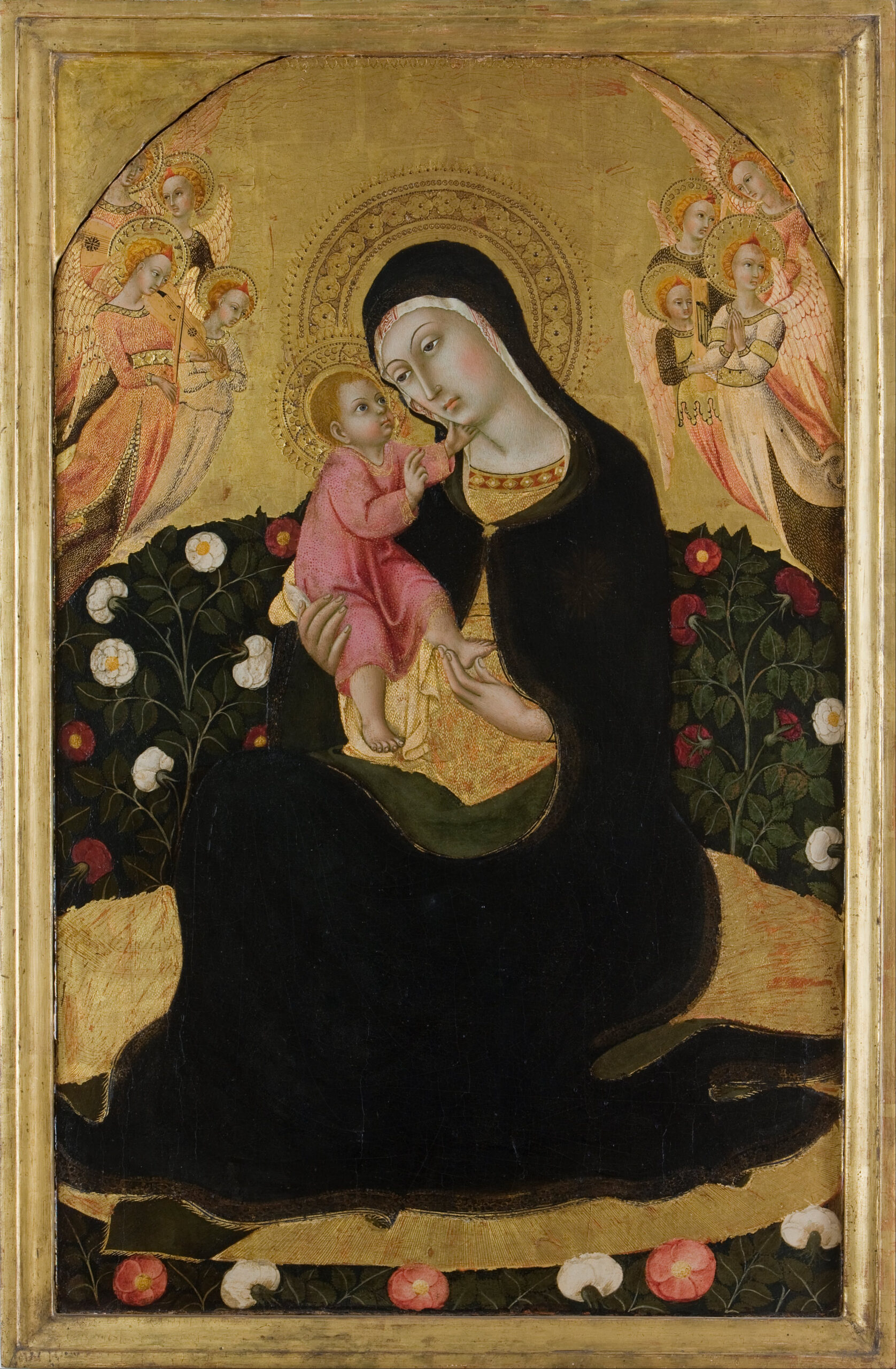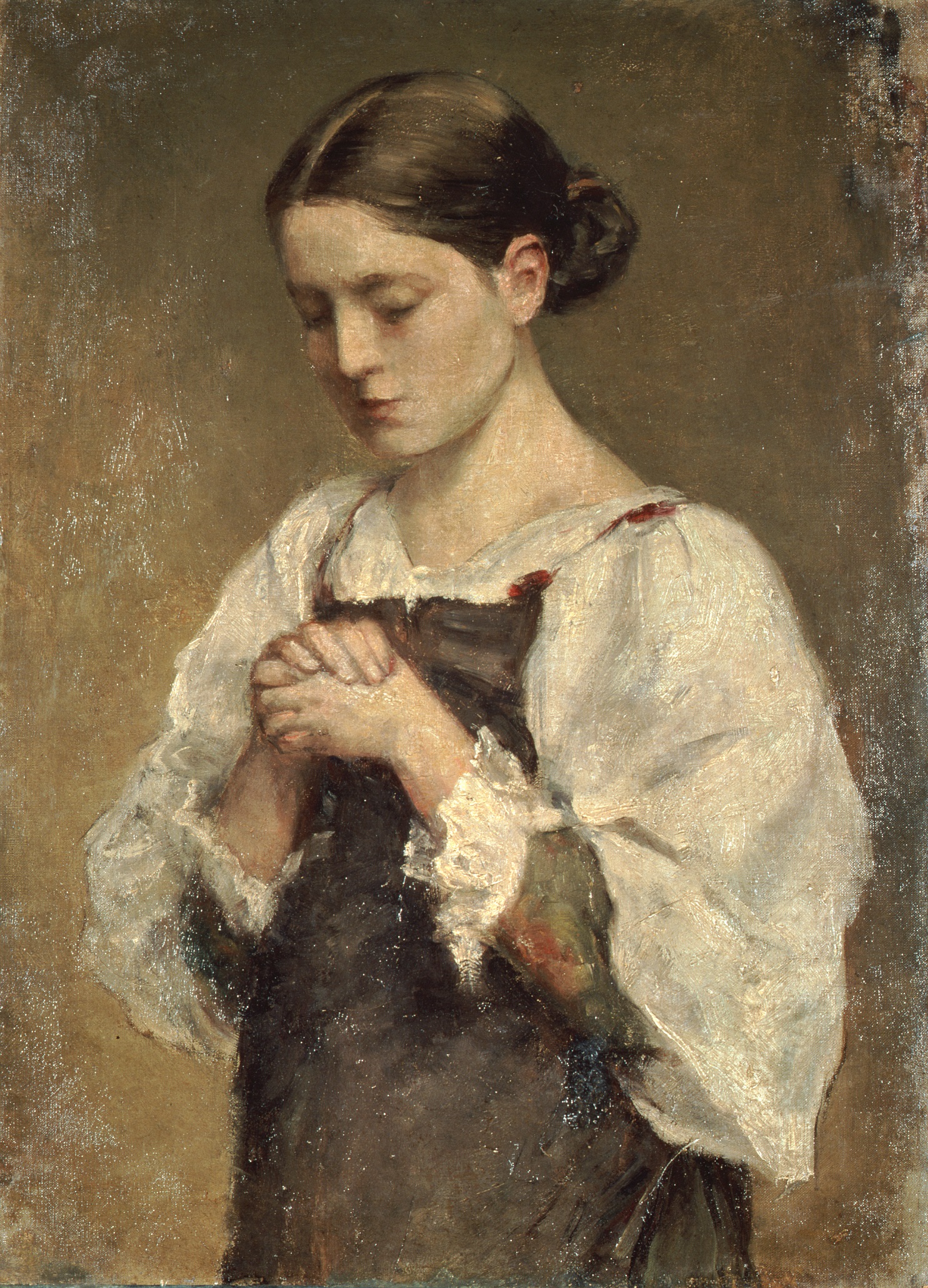Christ won the war for souls, giving His very life for us. Read this stirring meditation on Mary’s sorrow for her Son and her motherhood to all mankind through His sacrifice.
The Titles of Jesus
The special name by which our Lord was known before His coming was that of Messiah, or Christ. Thus, He was known to the Jews. But when He actually showed Himself on earth, He was known by three new titles, the Son of God, the Son of Man, and the Savior; the first expressive of His Divine Nature, the second of His Human, the third of His Personal Office.
The Angel who appeared to Mary called Him the Son of God; the angel who appeared to Joseph called Him Jesus, which means in English, Savior; and so, the Angels also called Him a Savior when they appeared to the shepherds.
But He Himself specially calls Himself the Son of Man. Not Angels only call Him Savior, but those two greatest of the Apostles, Sts. Peter and Paul, in their first preachings. St. Peter says He is “a Prince and a Savior,” and St. Paul says, “a Savior, Jesus.” And both Angels and Apostles tell us why He is so called—because He has rescued us from the power of the evil spirit, and from the guilt and misery of our sins.
This is why the Angel says to Joseph, “Thou shalt call His name Jesus, for He shall save His people from their sins;” and St. Peter, “God has exalted Him to be Prince and Savior, to give repentance to Israel, and remission of sins.” And He says Himself, “The Son of Man is come to seek and to save that which is lost.”
The War for Salvation
Now let us consider how this affects our thoughts of Mary. To rescue slaves from the power of the Enemy implies a conflict. Our Lord, because He was a Savior, was a warrior. He could not deliver the captives without a fight, nor without personal suffering.
Now, who are they who especially hate wars? A pagan poet answers. “Wars,” he says, “are hated by Mothers.” Mothers are just those who especially suffer in a war. They may glory in the honor gained by their children; but still such glorying does not wipe out one particle of the long pain, the anxiety, the suspense, the desolation, and the anguish which the mother of a soldier feels.
Mary, the Savior’s Mother
So it was with Mary. For thirty years she was blessed with the continual presence of her Son—nay, she had Him in subjection. But the time came when that war for which He had come upon earth called for Him. Certainly, He came, not simply to be the Son of Mary, but to be the Savior of Man, and at length He parted from her.
She knew then what it was to be the mother of a soldier. He left her side; she saw Him no longer; she tried in vain to get near Him. He had for years lived in her embrace, and after that, at least in her dwelling—but now, in His own words, “The Son of Man had not where to lay His head.”
And then, when years had run out, she heard of His arrest, His mock trial, and His passion. At last she got near Him—when and where?—on the way to Calvary. And when He had been lifted upon the Cross.
And at length she held Him again in her arms: yes—when He was dead. True, He rose from the dead; but still she did not thereby gain Him, for He ascended on high, and she did not at once follow Him. No, she remained on earth many years—in the care, indeed, of His dearest Apostle, St. John. But what was even the holiest of men compared with her own Son, and Him the Son of God?
O Holy Mary, Mother of our Savior, in this meditation we have now suddenly passed from the Joyful Mysteries to the Sorrowful, from Gabriel’s Annunciation to thee, to the Seven Dolors. That, then, will be the next series of Meditations which we make about thee.
ooo
This article is taken from a chapter in Meditations on Mary, Our Mother by St. John Henry Newman which is available from TAN Books.









